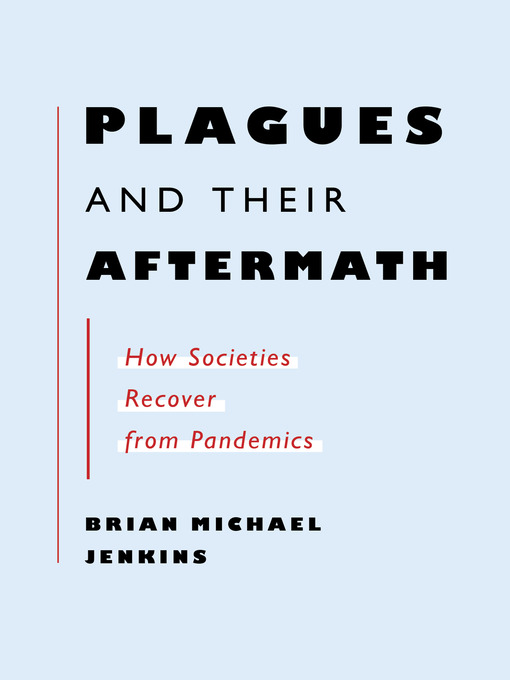- Newly Added eBooks
- Most Popular eBooks
- Try Something Different
- It's a Mystery!
- Cozy Mysteries to Read Today!
- Newly Added Teen Titles
- See all
- Newly Added Audiobooks
- Most Popular Audiobooks
- Try Something Different
- Newly Added Teen Titles
- Biographies Worth Listening To
- See all
- 100 Most Popular Magazines
- All Magazines
- House and Home
- Travel & Outdoors
- News & Politics
- Food & Wine
- Celebrity
- Business & Finance
- Spanish Language Magazines
- French Magazines
- Chinese Magazines
- Women's Lifestyle
- Men's Lifestyle
- See all


